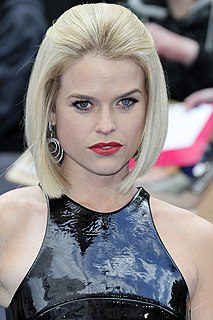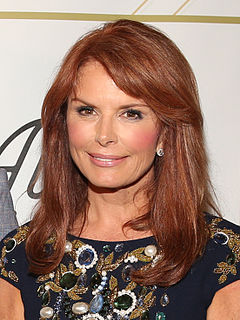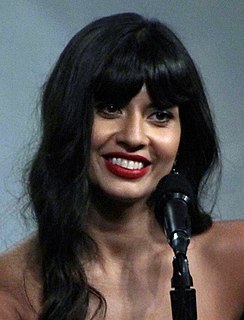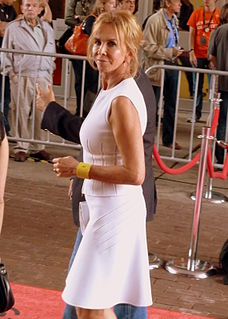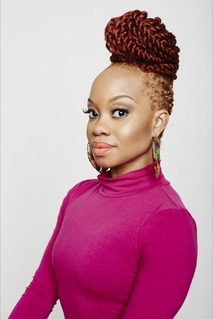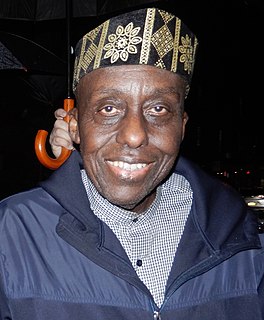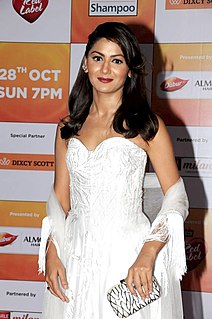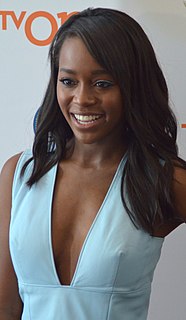A Quote by Alice Eve
The roles I used to be cast for were typically objectified women, so I was always being shown or spoken about through the lens of the guy.
Related Quotes
If you just look at the number of roles for women versus the number of roles for men in any given film, there are always far more roles for men. That's always been true. When I went to college, I went to Julliard. At that time - and I don't know if this is still true - they always selected fewer women than men for the program, because there were so few roles for women in plays. That was sort of acknowledgment for me of the fact that writers write more roles for men than they do for women.
I think it's important for people to understand that dance, movement, choreography is about an experience and entertainment but it's also about perception and a lens. So when we're talking about a Black female's experience through a Black female's lens, that's going to be totally different from a Black female's perspective through a Black male's lens.
As an actor of color, I was overlooked at every possible opportunity. I was given roles that were almost not roles. It was, like, Scared Asian Guy. Whether I was a scared Asian guy in front of a computer or a scared Asian guy getting robbed in the grocery store, I always played these pathetic, low-status characters.
I remember realizing, when I did Little Women [1994], that that was the only time girls that age were being written about. It was always boys - from David Copperfield to Lord of the Flies to Holden Caulfield. There were never young women going through adolescence or teen years; there were only little girls.
claims about what's 'natural' have long been used to reinforce traditional gender roles and values. ... Even the notion that women should have children at all is based on the idea that a woman's inherent and most important role is that of mother. Shockingly, men's 'innate' roles are a lot more fun than the ones bestowed on women.
This uses a lens system, which I have used for years in various different ways, but I've never used it in the context of an interview. This is the very first time that I've done that. It's a lens called The Revolution, so it allowed me to interview Elsa [Dorfman] and actually operate the camera. Well one of the cameras, because there were four cameras there.
The problem of sexism is getting better, but I don't know if it's getting better fast enough. We see more roles for women that don't entirely revolve around the way in which they function in a man's life, but typically those women are almost always white, and even then, there are only a few of them.
